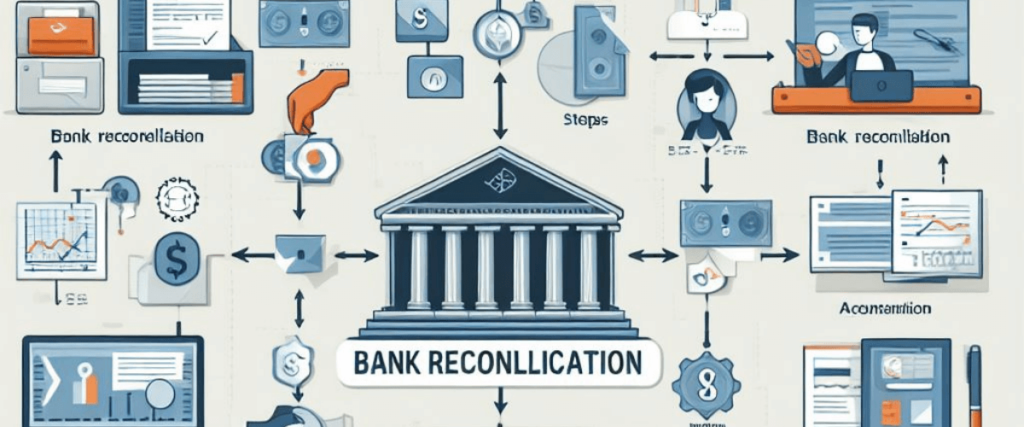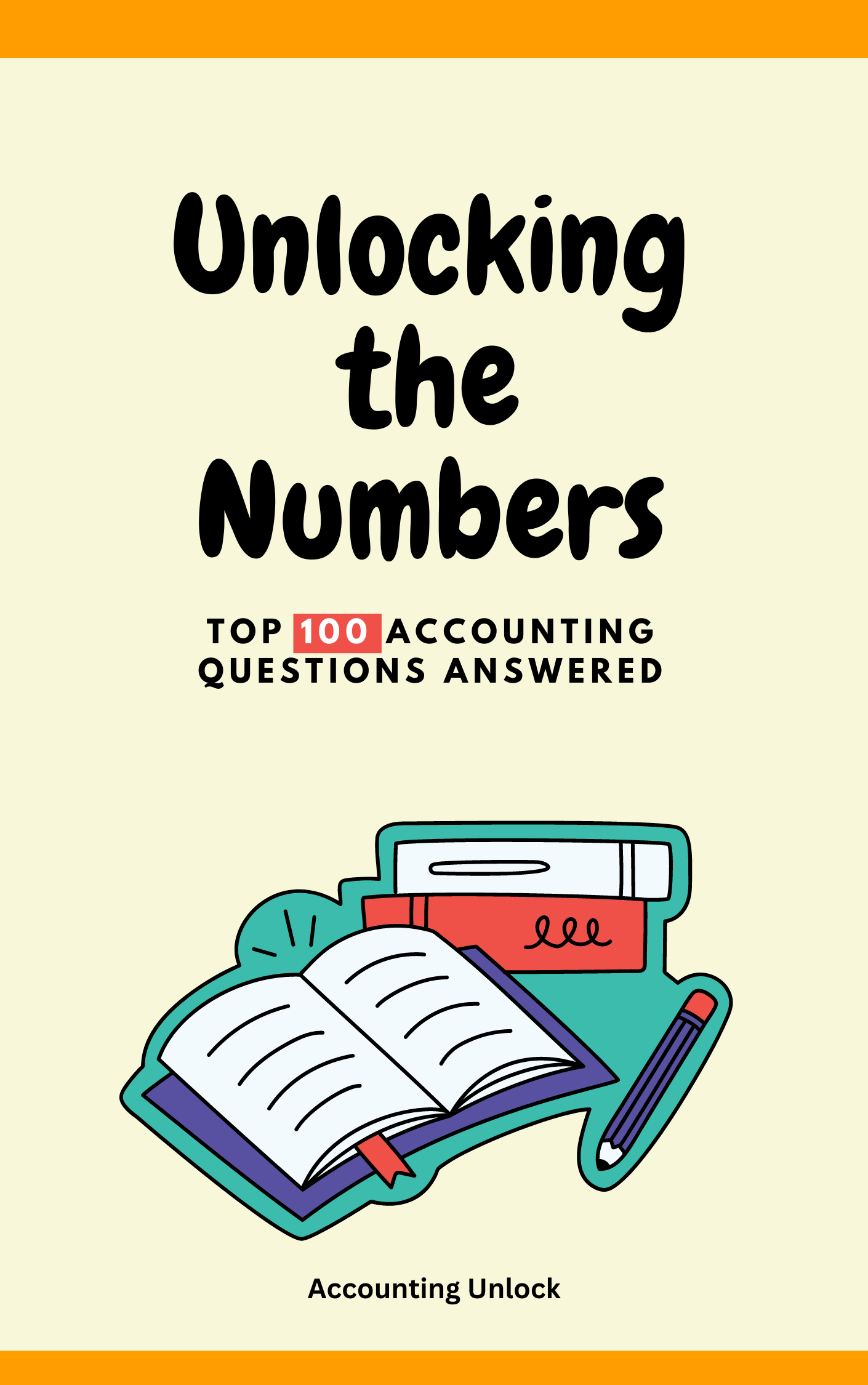Accounting, as you already know, is the process of recording, summarizing, and analyzing financial transactions. It is an essential skill for anyone who wants to manage their money wisely, whether it is for personal or business purposes. However, accounting can also be tricky and confusing, especially if you are not familiar with the basic concepts and rules.
In this blog post, I will share with you five common accounting mistakes that people often make and how to avoid them. By learning from these mistakes, you can improve your accounting skills and avoid costly errors in the future.
Mistake #1: Mixing up personal and business expenses

One of the most common accounting mistakes that people make is mixing up their personal and business expenses. This can happen when you use the same bank account or credit card for both purposes, or when you forget to separate the receipts and invoices. Mixing up personal and business expenses can cause problems such as:
- Overstating or understating your income and expenses, which can affect your tax liability and profitability.
- Losing track of your cash flow, which can affect your ability to pay your bills and debts.
- Violating the accounting principle of entity, which states that a business is a separate entity from its owner and should have its own records and accounts.
To avoid this mistake, you should:
- Open a separate bank account and credit card for your business and use them exclusively for business transactions.
- Keep all your receipts and invoices organized and categorized according to their nature and purpose.
- Use an accounting software or app that can help you track and record your personal and business transactions easily and accurately.
Mistake #2: Not reconciling your bank statements

Another common accounting mistake that people make is not reconciling their bank statements. Reconciling your bank statements means comparing your records with the records of your bank and making sure that they match. This can help you:
- Detect and correct any errors or discrepancies, such as missing or duplicate transactions, wrong amounts, or unauthorized charges.
- Prevent fraud and theft, such as identity theft, phishing, or skimming.
- Monitor your cash flow and budget, which can help you plan and manage your finances better.
To avoid this mistake, you should:
- Review your bank statements regularly, preferably every month or every quarter.
- Compare your bank statements with your records and look for any differences or inconsistencies.
- Investigate and resolve any issues or errors as soon as possible and report them to your bank if necessary.
- Use an accounting software or app that can help you reconcile your bank statements automatically and alert you of any problems.
Mistake #3: Not using the double-entry system
| Transaction | Account Debit | Amount | Account Credit | Amount |
| Purchase inventory on credit | Inventory | 500 | Accounts payable | 500 |
| Sell inventory for cash | Cash | 800 | Sales revenue | 800 |
| Pay rent in cash | Rent expense | 100 | Cash | 100 |
| Pay salaries in cash | Salary expense | 200 | Cash | 200 |
| Receive cash from customers | Cash | 400 | Accounts receivable | 400 |
The double-entry system is the standard method of accounting that is used by most businesses and organizations. It is based on the accounting equation, which states that:
Assets = Liabilities + Equity
This means that every transaction affects two accounts: one on the left side (assets) and one on the right side (liabilities or equity). For example, if you buy a laptop for your business, you will record it as an increase in your assets (laptop) and an increase in your liabilities (loan or credit card). The total amount on both sides should always be equal, which is called balancing the books.
The double-entry system can help you:
- Record your transactions more accurately and completely, as you have to account for both the source and the destination of the money.
- Prevent errors and fraud, as any mistake or manipulation will cause an imbalance in the books, which can be easily detected and corrected.
- Prepare your financial statements, such as the balance sheet, the income statement, and the cash flow statement, which can help you measure and report your financial performance and position.
To avoid this mistake, you should:
- Learn the basic concepts and rules of the double-entry system, such as the types of accounts, the debit and credit rules, and the accounting equation.
- Use an accounting software or app that can help you apply the double-entry system automatically and check your balances and entries.
- Review your entries and balances regularly and make sure that they are correct and consistent.
Mistake #4: Not keeping backup copies of your records

Another common accounting mistake that people make is not keeping backup copies of their records. This can happen when you rely on paper records or electronic records that are stored in one device or location. Not keeping backup copies of your records can cause problems such as:
- Losing your records due to fire, flood, theft, or other disasters.
- Damaging your records due to wear and tear, spills, or viruses.
- Misplacing or forgetting your records due to human error or negligence.
To avoid this mistake, you should:
- Keep backup copies of your records in different formats and locations, such as paper, digital, cloud, or external hard drive.
- Update your backup copies regularly and make sure that they are synchronized with your original records.
- Protect your backup copies from unauthorized access, damage, or loss, by using passwords, encryption, or fireproof safes.
Mistake #5: Not hiring a professional accountant

The last common accounting mistake that people make is not hiring a professional accountant. This can happen when you think that you can handle your accounting by yourself, or when you want to save money by doing it yourself. However, not hiring a professional accountant can cost you more in the long run, such as:
- Making errors or omissions in your records, which can lead to penalties, fines, or audits from the tax authorities or other regulators.
- Missing out on tax deductions, credits, or incentives, which can reduce your tax liability and increase your profitability.
- Wasting time and energy on accounting tasks, which can distract you from your core business activities and goals.
To avoid this mistake, you should:
- Hire a professional accountant who can help you with your accounting needs, such as bookkeeping, tax preparation, financial reporting, or auditing.
- Choose a qualified and experienced accountant who can understand your business and industry and provide you with reliable and relevant advice and guidance.
- Communicate and collaborate with your accountant regularly and make sure that you are on the same page and have the same expectations and objectives.
Conclusion
Accounting is a vital skill that can help you manage your money better and achieve your financial goals. However, accounting can also be prone to mistakes that can affect your financial situation and reputation.
By avoiding these five common accounting mistakes, you can improve your accounting skills and avoid costly errors in the future. Remember, you are not alone in your accounting journey. You can always seek help from a professional accountant or an accounting software or app that can make your accounting easier and more enjoyable. Happy accounting!
I hope you liked this blog post and learned something new from it. If you have any questions, comments, or feedback, please feel free to share them with me. I would love to hear from you. Thank you for reading and have a great day!
You can also read:





